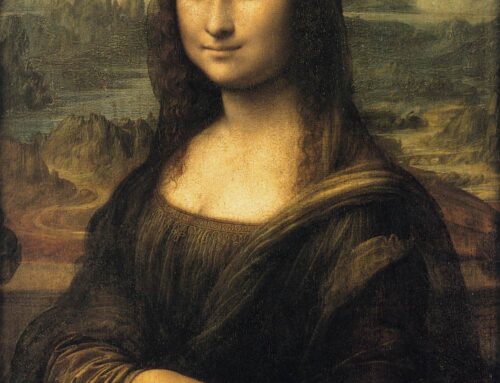Platinum, poetry, and the past: using science to imagine the poet’s response to history
Honest criticism and sensitive appreciation is directed not upon the poet but upon the poetry…. In the last article I tried to point out the importance of the relation of the poem to other poems by other authors, and suggested the conception of poetry as a living whole of all the poetry that has ever been written. The other aspect of this Impersonal theory of poetry is the relation of the poem to its author. And I hinted, by an analogy, that the mind of the mature poet differs from that of the immature one not precisely in any valuation of “personality,” not being necessarily more interesting, or having “more to say,” but rather by being a more finely perfected medium in which special, or very varied, feelings are at liberty to enter into new combinations.
The analogy was that of the catalyst. When the two gases previously mentioned [oxygen and sulphur dioxide] are mixed in the presence of a filament of platinum, they form sulphurous acid. This combination takes place only if the platinum is present; nevertheless the newly formed acid contains no trace of platinum, and the platinum itself is apparently unaffected; has remained inert, neutral, and unchanged. The mind of the poet is the shred of platinum. It may partly or exclusively operate upon the experience of the man himself; but, the more perfect the artist, the more completely separate in him will be the man who suffers and the mind which creates; the more perfectly will the mind digest and transmute the passions which are its material….
There are many people who appreciate the expression of sincere emotion in verse, and there is a smaller number of people who can appreciate technical excellence. But very few know when there is expression of significant emotion, emotion which has its life in the poem and not in the history of the poet. The emotion of art is impersonal. And the poet cannot reach this impersonality without surrendering himself wholly to the work to be done. And he is not likely to know what is to be done unless he lives in what is not merely the present, but the present moment of the past, unless he is conscious, not of what is dead, but of what is already living.









Leave A Comment